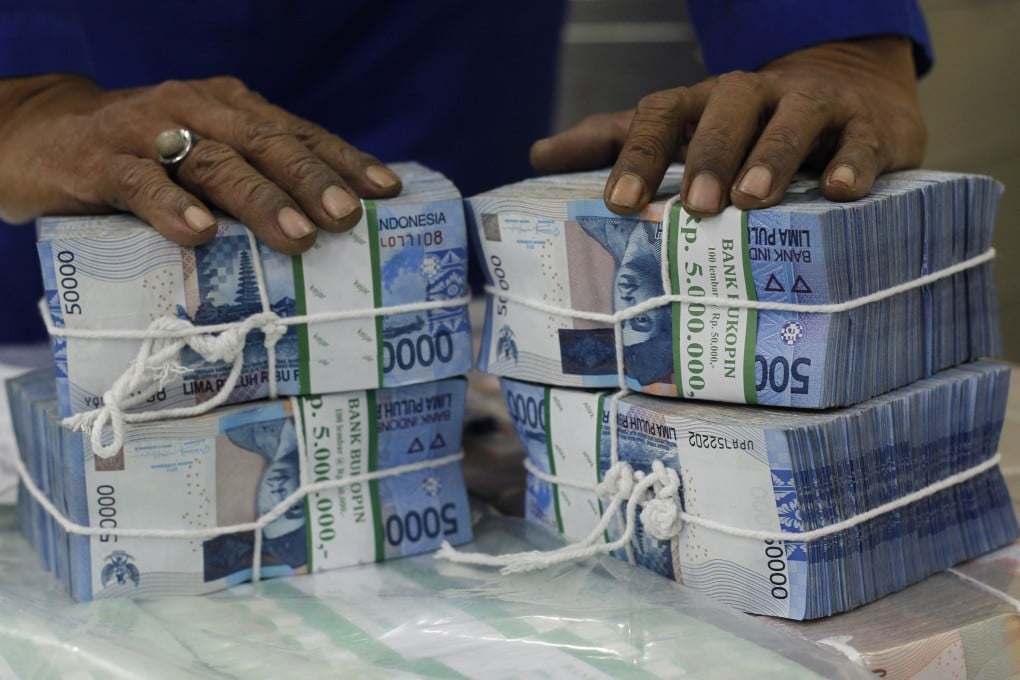Portfolio | Currency rout to further drag down EM markets

Emerging market currency weakness will likely spread to stock markets, at least in relative terms, which means the rout in equity markets has not yet reached the end of the tunnel.
The bloodbath in emerging market currencies, which just fell to their lowest level in years, could lead to further capital outflows and opens further downside for emerging market stocks, AXA Investment Managers said in a note to its clients.
Unlike developed markets such as Japan and Europe, where a weaker currency is clearly positive for the markets, emerging Asian countries’ currencies and the relative performance of equities move hand in hand.
Emerging currencies have already lost between 25 and 30 per cent since then-Fed Chairman Ben Bernanke’s ‘Taper tantrum’ remarks back in May 2013. Emerging equity markets have been lagging developed markets performance since late 2010. The markets have stayed flat while the MSCI World Index returned around 70 per cent.
“Most worrisome is the fact that the relative performance of emerging markets is positively correlated with the foreign exchange rate,” said AXA. “Further currency weakness will weigh on emerging market equities. It is not the time to be brave.”
“We think that the real litmus test – the divergence in monetary policies of the US and emerging markets – still lies ahead.”
Most emerging currencies are now trading at the lower range looking out over the past 15 years. For instance, Indonesia’s rupiah fell to its weakest level since the Asian financial crisis 17 years ago, while the Malaysian ringgit also hit another 17-year trough on Monday.

